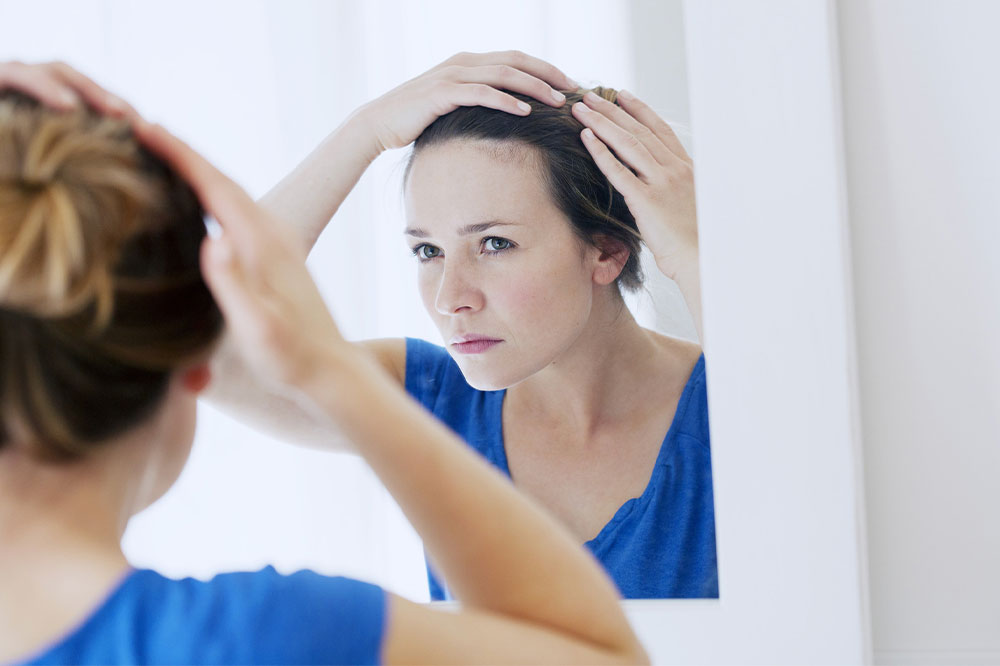Comprehensive Guide to Women's Hair Loss Remedies
This comprehensive guide explores various women-specific hair loss treatments, including medications, hormone therapy, and surgical options. It highlights the causes of hair thinning and provides insights into effective solutions to promote healthy hair growth and scalp strength. Emphasizing lifestyle and dietary factors, the article offers holistic advice for women facing hair loss concerns.
Sponsored

Excessive hair shedding can be a significant concern for women, affecting confidence and overall appearance. The severity ranges from thinning strands to complete baldness, with causes including genetics, poor nutrition, hormonal shifts, or medical conditions. Stress also worsens hair loss issues. Fortunately, various treatments are available to encourage healthy hair growth and strengthen the scalp.
The most prevalent type of hair loss in women is female pattern hair loss (FPHL), caused by androgenetic alopecia, leading to diffuse thinning across the scalp. Sometimes, women experience combined thinning and characteristic bald patches.
Several effective treatments exist to curb hair loss, enhance scalp health, and support natural growth. These include:
Minoxidil
Originally used to treat high blood pressure, minoxidil's side effect of promoting hair growth was discovered later. Applied as a topical solution, it can stimulate new hair growth in women when continued consistently, helping to reduce hair thinning and balding.
Another option is hormone therapy:
Estrogen
This treatment, also known as hormone replacement therapy (HRT), involves medications like pills and creams. It is primarily recommended for menopausal women, as it helps restore estrogen and progesterone levels that influence hair health.
Hair Transplant
Hair transplants involve removing healthy hair follicles from one area and transplanting them to thinning or balding sections. Although invasive, with potential scarring and infection risk, this permanent solution often yields lifelong results after multiple sessions.
Cimetidine
Initially used for gastrointestinal ulcers, cimetidine blocks histamine and inhibits dihydrotestosterone from affecting hair follicles, aiding in hair regrowth. Marketed as Tagamet, it offers an off-label approach to treating hair loss.
Ketoconazole
Primarily prescribed for fungal infections, ketoconazole also reduces androgen hormone production, supporting hair health in women with androgenetic alopecia.
Cyproterone Acetate
This medication manages severe hirsutism and androgen-driven hair loss by blocking androgen receptors. Suitable for women around reproductive age, it helps those diagnosed with androgenic alopecia.
Oral Contraceptives
Birth control pills lower ovarian androgen production, thus helping treat hair thinning caused by hormonal imbalances. Medical consultation is essential due to possible side effects like clotting risks.
In addition to medical treatments, women should adopt a balanced diet and healthy lifestyle to maximize hair growth and enhance overall well-being.






